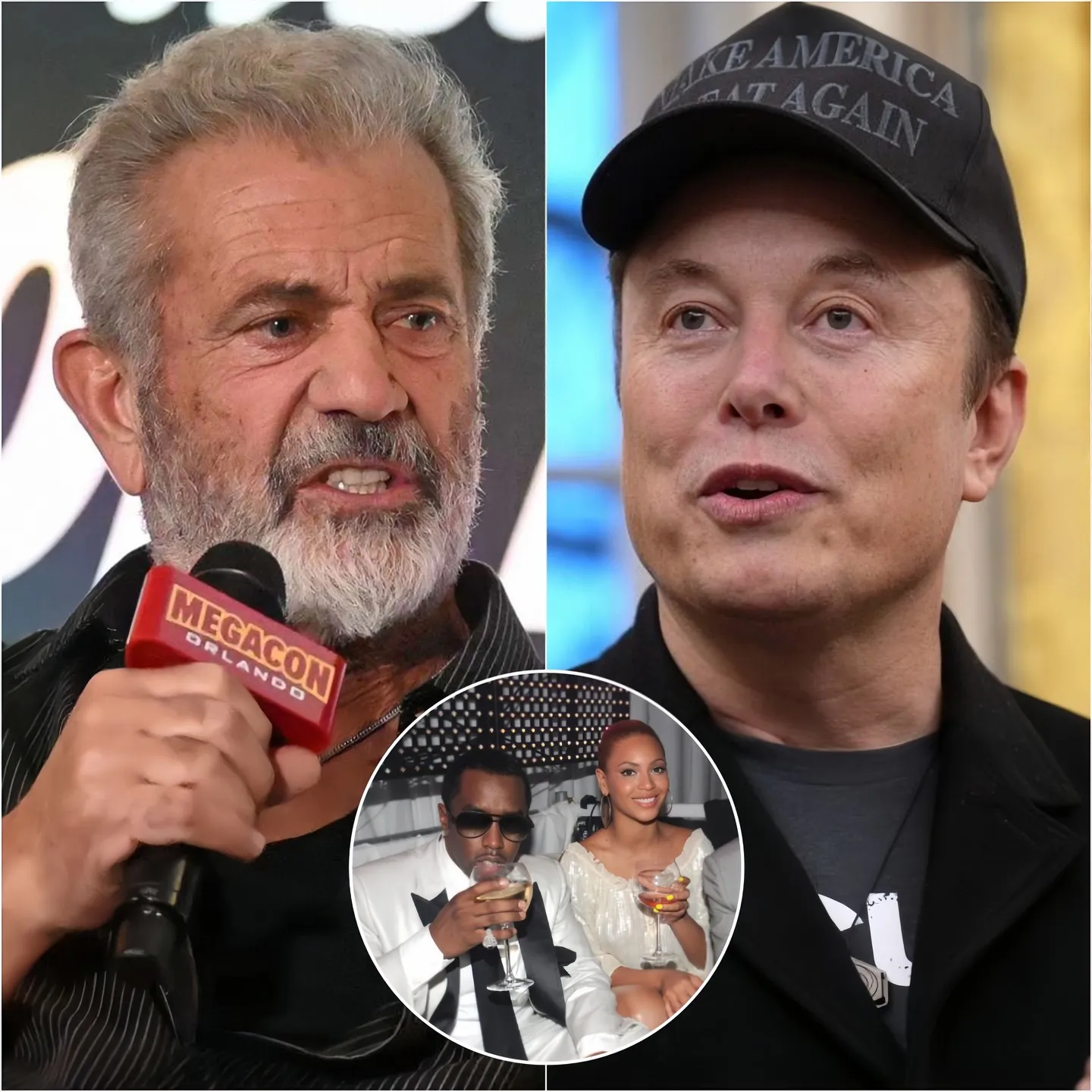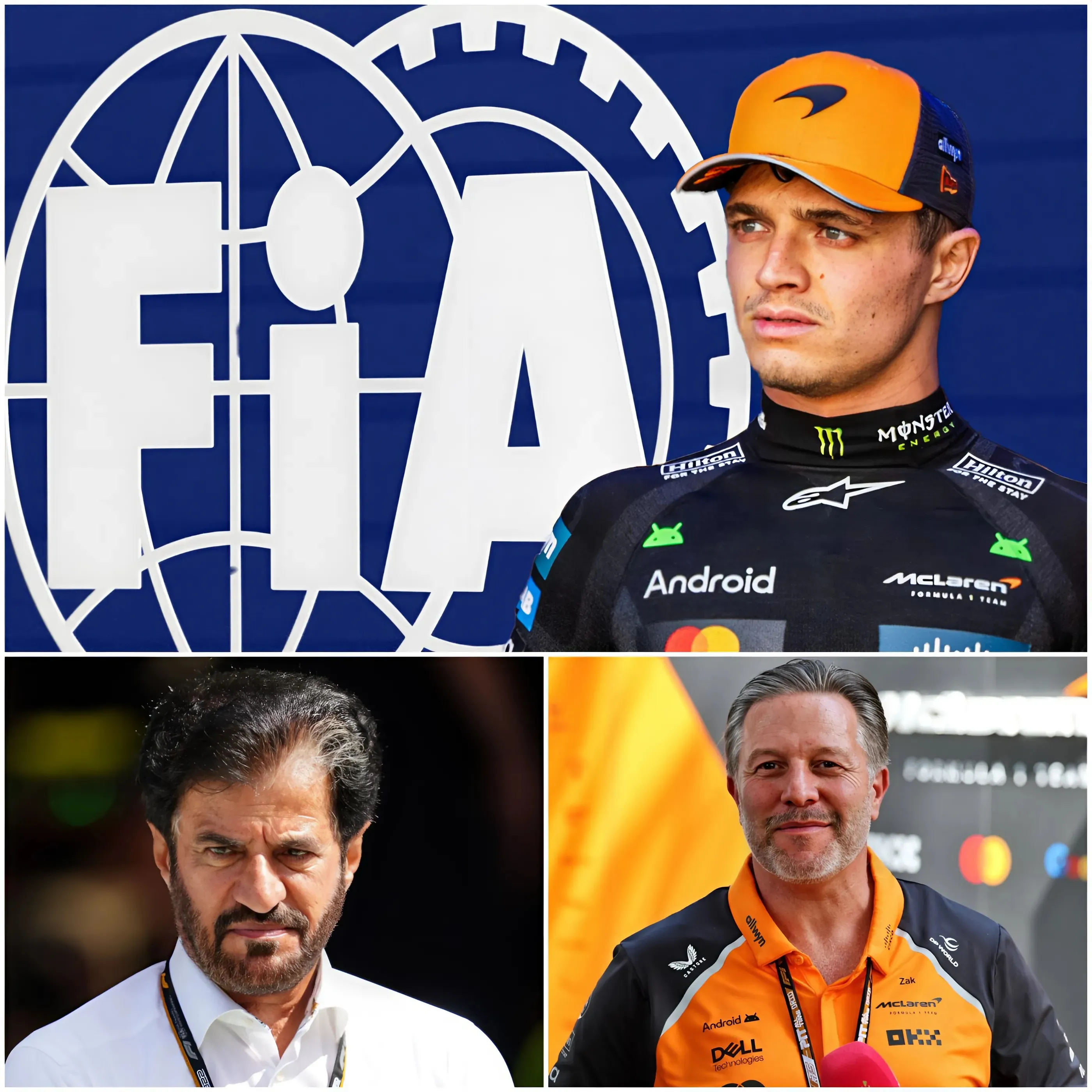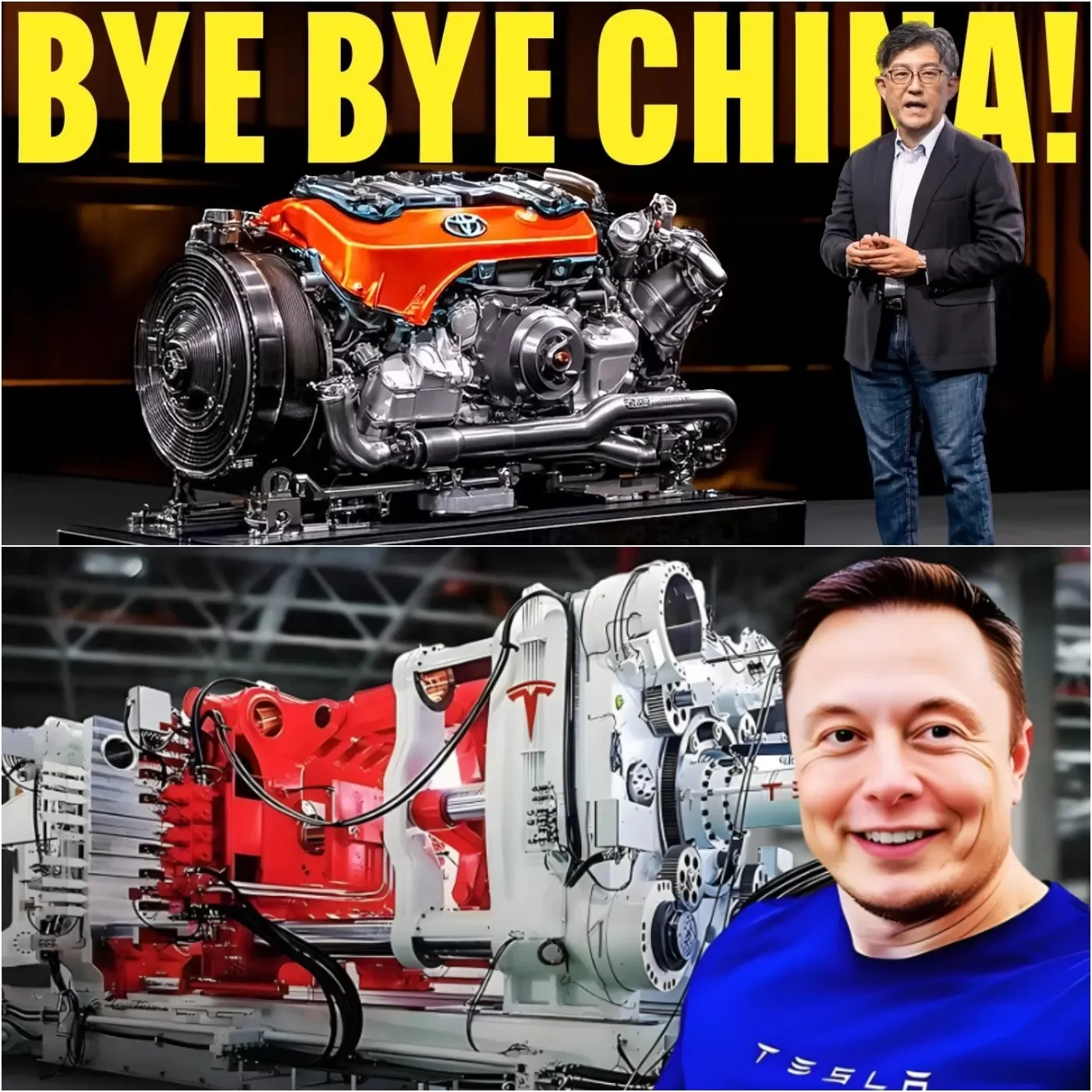The sports and tech worlds have recently been rocked by a controversy involving Kansas City Chiefs head coach Andy Reid and tech mogul Elon Musk, whose net worth is estimated at $433.9 billion. The situation has sparked heated debates about NFL expansion and the role of influencers in sports.
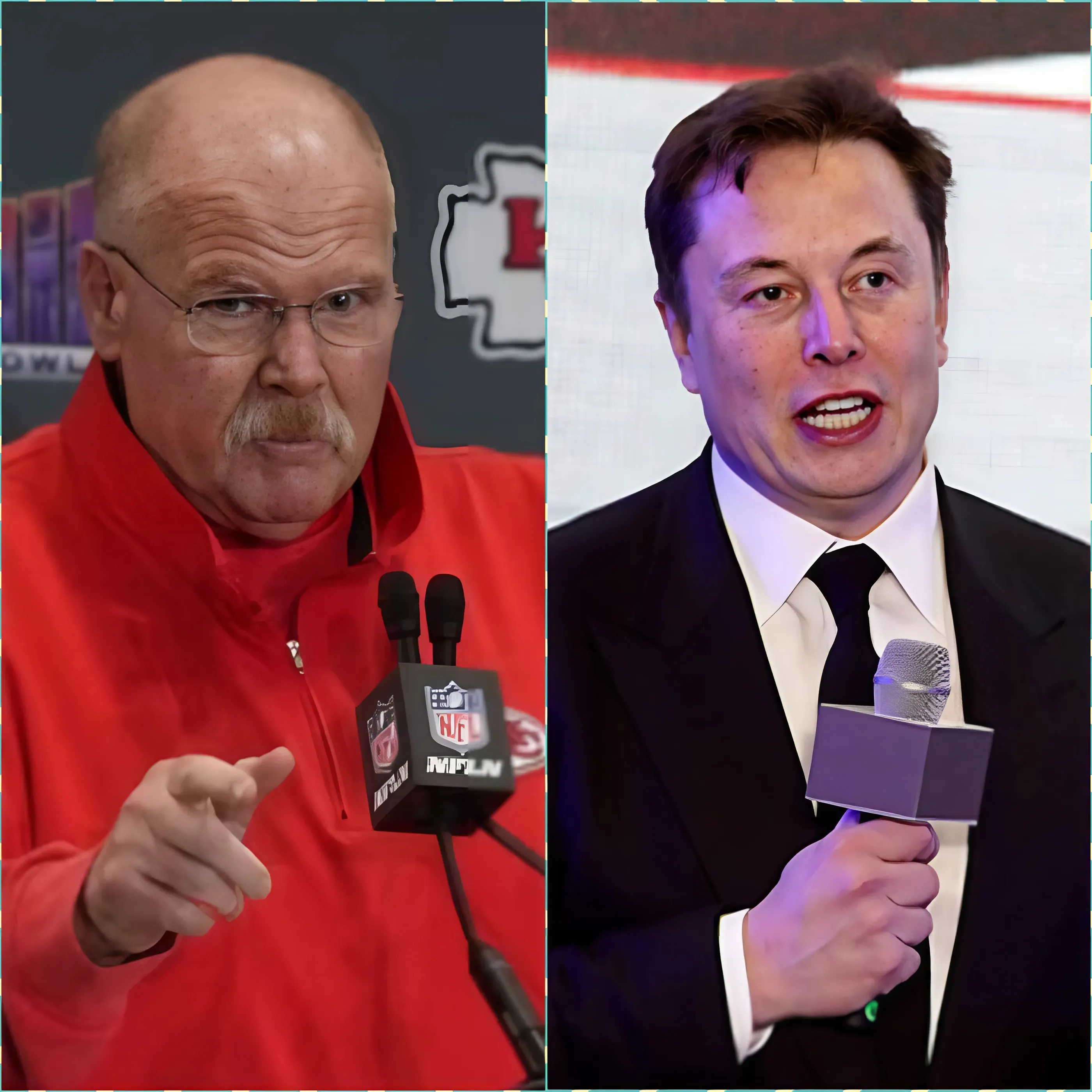
It all started when Elon Musk, known for his outspoken opinions on various platforms, expressed his support for the idea of expanding the NFL to new international markets. He notably suggested that the league should consider establishing teams in Europe and Asia to increase its global reach. Musk said: “The NFL has the potential to become a truly global league. Expanding to new markets would not only bring additional revenue, but also diversity of talent and playing styles.”
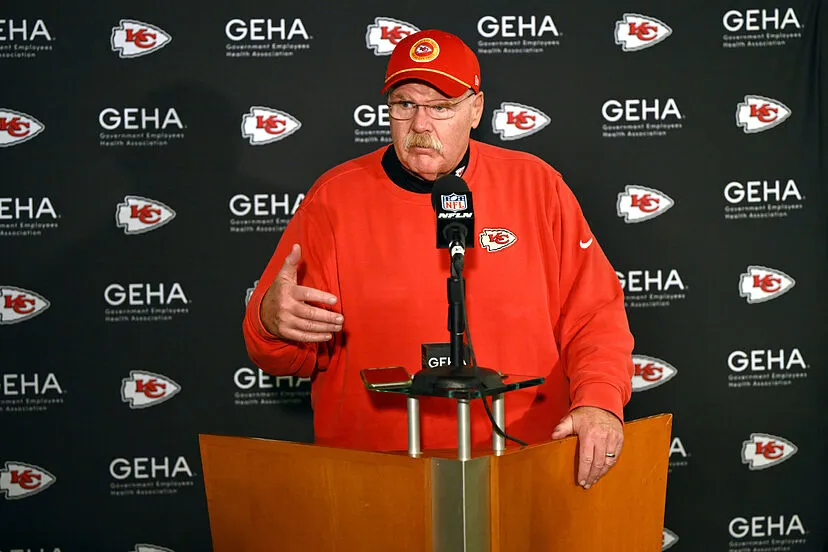
However, those comments didn’t sit well with Andy Reid, a respected NFL veteran with decades of experience. At a press conference, Reid responded vehemently to Musk’s suggestions, saying that international expansion could dilute the quality of the game and pose insurmountable logistical challenges. He said: “With all due respect to Mr. Musk, American football is ingrained in North American culture. Exporting the game overseas is not as simple as starting a new technology company. There are traditions, fans and infrastructure to consider.”
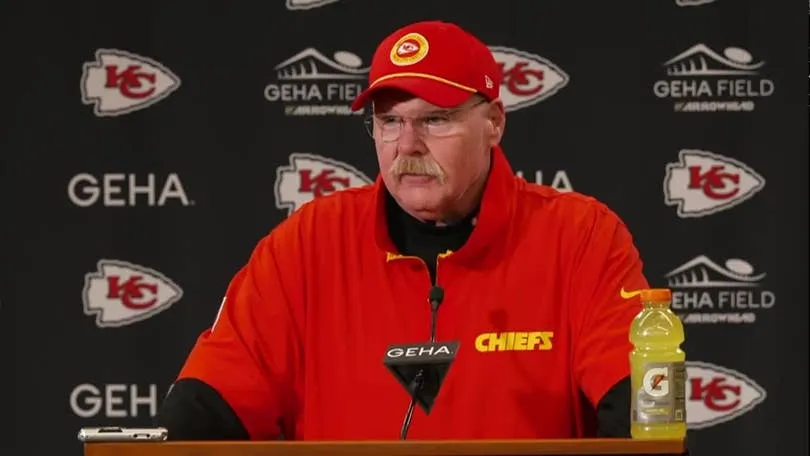
Reid also highlighted the challenges such an expansion would pose for players and teams. Frequent international travel could lead to increased fatigue, affecting on-field performance. Additionally, time zone differences and cultural demands could make it harder for teams to prepare. “We have to think about our players,” Reid added. “Their health and well-being is paramount. Adding constant international travel to their already busy schedule is not a decision to be taken lightly.”
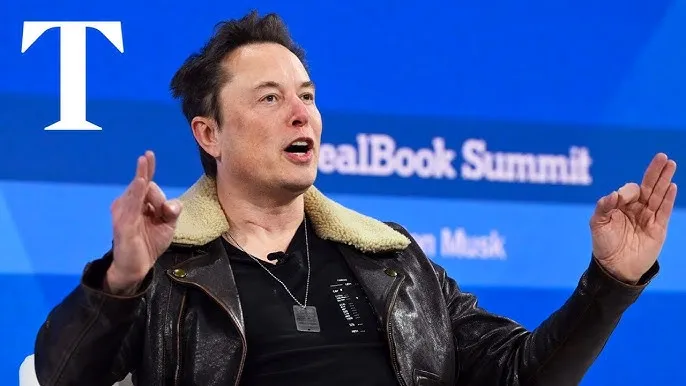
Reid’s comments resonated with many NFL fans and analysts who share his concerns. Many believe that while the idea of international expansion is financially appealing, it could compromise the integrity of the game. Local rivalries, traditions and fan pᴀssion are essential elements that could be lost in a league that is too geographically spread out.
On the other hand, proponents of expansion, including Musk, argue that globalization is the next logical step for the NFL. They argue that other sports leagues, such as the NBA, have successfully established an international presence, thereby increasing their fan base and revenue. Musk tweeted: “Look at the NBA. They have fans all over the world. The NFL can do the same and even better.”
This divergence of opinion has highlighted a broader tension between tradition and innovation in professional sports. As modern technologies and communications bring the world closer together, the question arises whether sports leagues should adapt accordingly or preserve their local roots.
It’s also important to note that Musk’s motivations may not be purely altruistic. With his investments in companies like SpaceX and Tesla, which have global interests, a more international NFL could provide additional business opportunities for his companies. Some critics suggest that Musk sees the NFL’s expansion as a way to open new markets for his products and services.
In response to these criticisms, Musk clarified his position, saying that his support for NFL expansion is motivated by a pᴀssion for the sport and a vision of its global potential. He said: “I am a football fan first and foremost. I want to see this incredible sport enjoyed by people all over the world. If it can also create economic opportunity, that’s a bonus.”
The NFL itself has yet to take an official position on the matter. However, inside sources indicate that the league is actively exploring options to increase its international presence, including regular-season games played overseas and partnerships with local football leagues.
Ultimately, the debate between Andy Reid and Elon Musk reflects a larger question about the future of professional sports. While the opportunities for global growth are tempting, it’s essential to weigh the potential financial rewards against the risks of losing what makes the sport special to so many devoted fans.
For now, the NFL continues to evaluate its options, taking into account the opinions of all stakeholders, from coaches and players to owners and fans. Whatever the final decision, it is clear that American football is at a crossroads, facing choices that could redefine its future for generations to come.
In conclusion, the confrontation between Andy Reid and Elon Musk over NFL expansion highlights the complex challenges facing major sports leagues in the era of globalization. While the lure of new markets and increased revenue is undeniable, it is crucial to preserve the essence and traditions that have made American football such a cultural phenomenon beloved by millions of fans.
